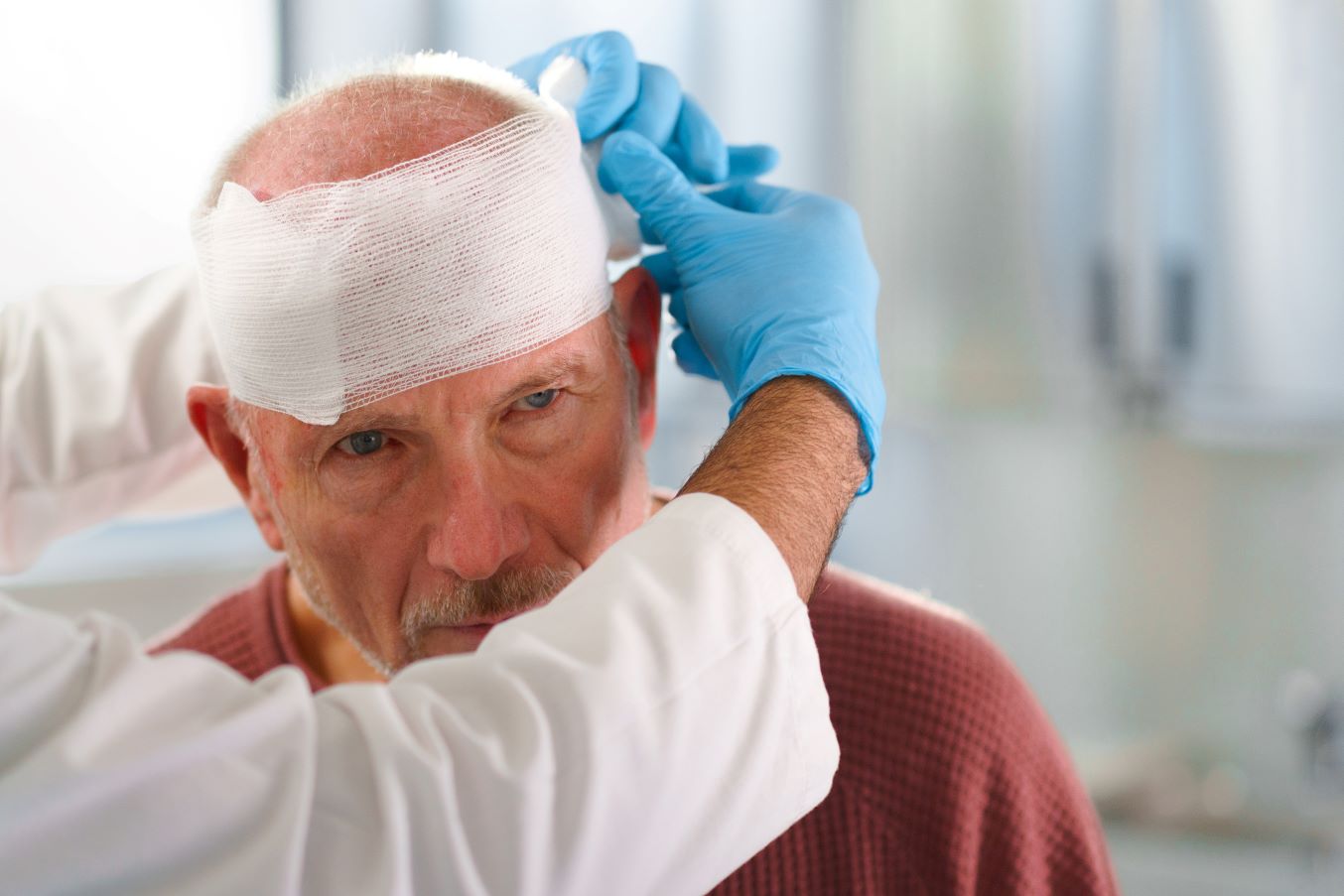Introduction
In minutes of crisis, understanding how to carry out mouth-to-mouth resuscitation can mean the distinction between life and fatality. Whether you go to home, at work, or out in the neighborhood, knowing how to supply help can empower you and those around you. This post is dedicated to assisting you find local mouth-to-mouth resuscitation classes that will certainly outfit you with the skills necessary to conserve lives. From recognizing the basics of CPR to innovative resuscitation methods, we'll explore every little thing you need to know.
Find Neighborhood mouth-to-mouth resuscitation Classes: Change Yourself right into a Lifesaver
Finding local CPR courses is easier than ever before. With numerous organizations offering training sessions, both in-person and on-line, there's no reason not to be prepared. You might be asking yourself: Where do I start?
Why Learn CPR?
Learning mouth-to-mouth resuscitation isn't just about getting an ability; it's about being ready when it counts. In heart emergency situations, every second matters.
- Quick Response: The quicker somebody receives mouth-to-mouth resuscitation, the higher their chance of survival. Empowerment: Recognizing you can make a difference instills confidence. Community Impact: You contribute to creating safer environments.
The Duty of AEDs in CPR
Automated External Defibrillators (AEDs) play a critical role in resuscitation initiatives.
How They Work: AEDs analyze heart rhythms and deliver shocks when needed. Accessibility: Lots of public spaces are now equipped with AEDs for prompt use. Combining Strategies: Making use of an AED together with CPR can substantially increase survival rates.Understanding Incorrect Compression Depth
One common error throughout mouth-to-mouth resuscitation is inaccurate compression depth.
- Adult vs. Youngster vs. Infant: The depth varies based upon age: Adults: A minimum of 2 inches Children: Regarding 2 inches Infants: Regarding 1.5 inches Importance of Depth: Insufficient depth can lead to inadequate circulation.
CPR Strategies for Different Situations
How to Do CPR
Here's a detailed guide on performing basic adult CPR:

Tips for Efficient Chest Compressions
- Keep your arms straight. Use your body weight for force. Compress hard and fast.
Infant CPR Technique
When it concerns infants, techniques differ dramatically:
Use 2 fingers for compressions. The deepness must have to do with 1.5 inches. Deliver rescue breaths by sealing your mouth over their mouth and nose.Combination Training Options
CPR and Emergency treatment Combination Courses
Combining mouth-to-mouth resuscitation training with emergency treatment programs boosts your preparedness for emergencies.
- Comprehensive Training: Understand numerous clinical emergencies alongside resuscitation techniques. Certification Advantages: Many companies use double qualification upon completion.
Age-Specific Guidelines
Age-Specific CPR Standards Australia
Different age groups call for tailored techniques:
|Age Group|Compression Deepness|Ratio|
|-----------|------------------|-------|
|Adult|At least 2 inches|30:2|
|Youngster|Concerning 2 inches|30:2|
|Infant|About 1.5 inches|30:2|
Special Situations in Resuscitation
CPR for Sinking Victims
Drowning targets have unique demands:
Prioritize rescue breaths as a result of the nature of asphyxiation. Perform compressions if there's no heartbeat after rescue breaths are administered.Sports-related Cardiac Arrest
Athletes may face sudden cardiac arrest during activities.
Immediate action is essential; initiate mouth-to-mouth resuscitation without delay. Utilize available AEDs without delay if accessible.Workplace Emergency Plans
Having office emergency situation plans can save lives:
- Train workers consistently on fundamental first aid and mouth-to-mouth resuscitation skills. Conduct drills that simulate real-life situations entailing heart attack or injuries needing instant attention.
The Myths Bordering CPR
It's important to expose misconceptions bordering this lifesaving technique:
Myth # 1: "Mouth-to-mouth Resuscitation Always Restarts Heart"
While numerous believe that Wagga Wagga First Aid Course Near Me - firstaidpro.com.au breast compressions will constantly CPR Training in Wagga Wagga - firstaidpro.com.au reactivate the heart, this isn't true-- it's implied to preserve blood flow up until professional assistance arrives.
FAQs
Q1: What is the validity duration of a mouth-to-mouth resuscitation certificate?
A1: Commonly, most certifications need renewal every 2 years; however, this may differ by organization and locale.
Q2: Can I take online CPR certification?
A2: Yes! Numerous recognized companies provide online qualification that includes video clip demonstrations and quizzes.
Q3: Exist particular guidelines for medical care providers?
A3: Absolutely! Healthcare provider accreditations usually include innovative methods regular with present health standards.
Q4: How do I find neighborhood classes?
A4: Search through companies like the Red Cross or neighborhood wellness divisions for routines near you!
Q5: What tools do I require for reliable training?
A5: Basic training usually needs mannequins for technique; some programs may also give AED simulators.

Q6: Exist resources especially tailored for Australian audiences?
A6: Yes! Various Australian health bodies provide local standards and training options customized to local needs.
Conclusion
Transforming yourself right into a lifesaver starts with choosing neighborhood courses where you can discover vital skills like CPR and emergency treatment techniques customized specifically for various situations-- whether resolving sports-related heart attack or using AEDs efficiently along with conventional approaches like upper body compressions and rescue breaths.

By taking part in these courses, not only do you furnish yourself with knowledge that can potentially save lives but likewise end up being an invaluable resource within your area-- a person who stands all set in times of situation! So why wait? Locate regional mouth-to-mouth resuscitation courses today and welcome the power of being prepared!
This extensive guide has covered numerous elements related to locating neighborhood CPR classes while guaranteeing you're geared up with useful expertise that enhances your capacity as a lifesaver!